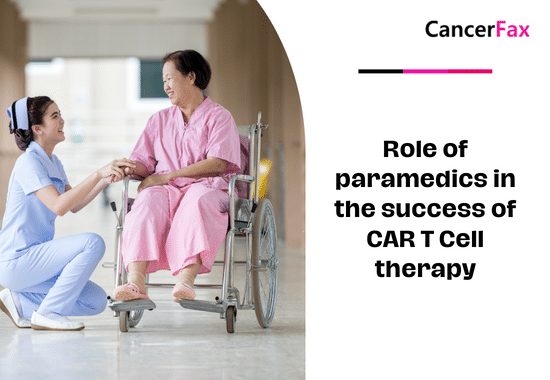In 2017, a study published in the Journal of the National Cancer Institute stated that among young people aged 20-50 years, the incidence of rectal cancer is increasing. The institute used SEER registration data from the National Cancer Institute for over 35 years. In addition, the researchers also predict that by 2030, the incidence of colon cancer and rectal cancer will increase by 90% and 124% among adults aged 20-34! The number of people between the ages of 35 and 49 will increase less, 28% and 46% respectively.
In the past two decades, although the increase in obesity and meat consumption has been associated with an increased risk of developing colorectal cancer, reports of newly developing colon and rectal cancer show an average annual decrease of about 2.7%. Smoking is another factor that increases the risk of precancerous polyps and colorectal cancer. Although the proportion of smokers fell from 21% in 2005 to 17% in 2014, according to the Centers for Disease Control and Prevention, it is believed that the majority of colorectal cancer risk reduction is due to improved screening and monitoring of patient risk.
For individuals, knowledge is the key. It is important to pay attention to your health. It is important to understand the family history of rectal cancer and other cancers as much as possible. In addition, we must minimize the factors that may increase the risk of colorectal cancer, such as excessive obesity, red meat consumption, processed foods, and smoking.
Faktore wat die risiko van kolorektale kanker verminder:
■ Dieetvesel: Vorige bewyse toon dat dieetvesel die risiko van kolorektale kanker kan verminder, en hierdie verslag word verder aangevul deur te berig dat 90 gram volgraan per dag die risiko van kolorektale kanker met 17% kan verminder.
■ Whole grains: For the first time, the AICR / WCRF study independently linked whole grains and colorectal cancer. The intake of whole grains can reduce the risk of colorectal cancer.
■ Oefening: Oefening kan die risiko van kolonkanker verminder (maar daar is geen bewyse om die risiko van rektale kanker te verminder nie).
■ Ander: Beperkte bewyse dui daarop dat vis, voedsel wat vitamien C bevat (lemoene, aarbeie, spinasie, ens.), multivitamiene, kalsium en suiwelprodukte ook die risiko van kolorektale kanker kan verminder.
Faktore wat die risiko van kolorektale kanker verhoog:
■ Large intake (> 500g per week) of red meat and processed meat, including beef, pork, hot dogs, etc .: Previous studies have shown that red meat and processed meat are associated with cancer risk. In 2015, the International Agency for Research on Cancer (IARC), the cancer agency of the World Health Organization (WHO), classified processed meat as a “carcinogenic factor for humans.” In addition, studies of premenopausal women have shown that high intake of red meat can increase the risk of breast cancer. ■ Drink ≥ 2 kinds of alcoholic beverages (30g alcohol) daily, such as wine or beer. ■ Non-starch vegetables / fruits, foods containing heme iron: When the intake is low, the risk of colorectal cancer is high. ■ Other factors such as overweight, obesity, and height can also increase the risk of colorectal cancer. Many methods of preventing colorectal cancer are important for overall health: maintaining a proper weight, exercising properly, limiting red meat and processed meat, increasing the intake of whole grains and dietary fiber, limiting alcohol to a maximum of two glasses per day, and avoiding or stopping smoking. Is it possible to avoid colorectal cancer by achieving the above points? No one can guarantee 100%. However, at least in the process of cancer prevention, it is clear that different “causes” lead to different “fruits”, you know how to choose.

